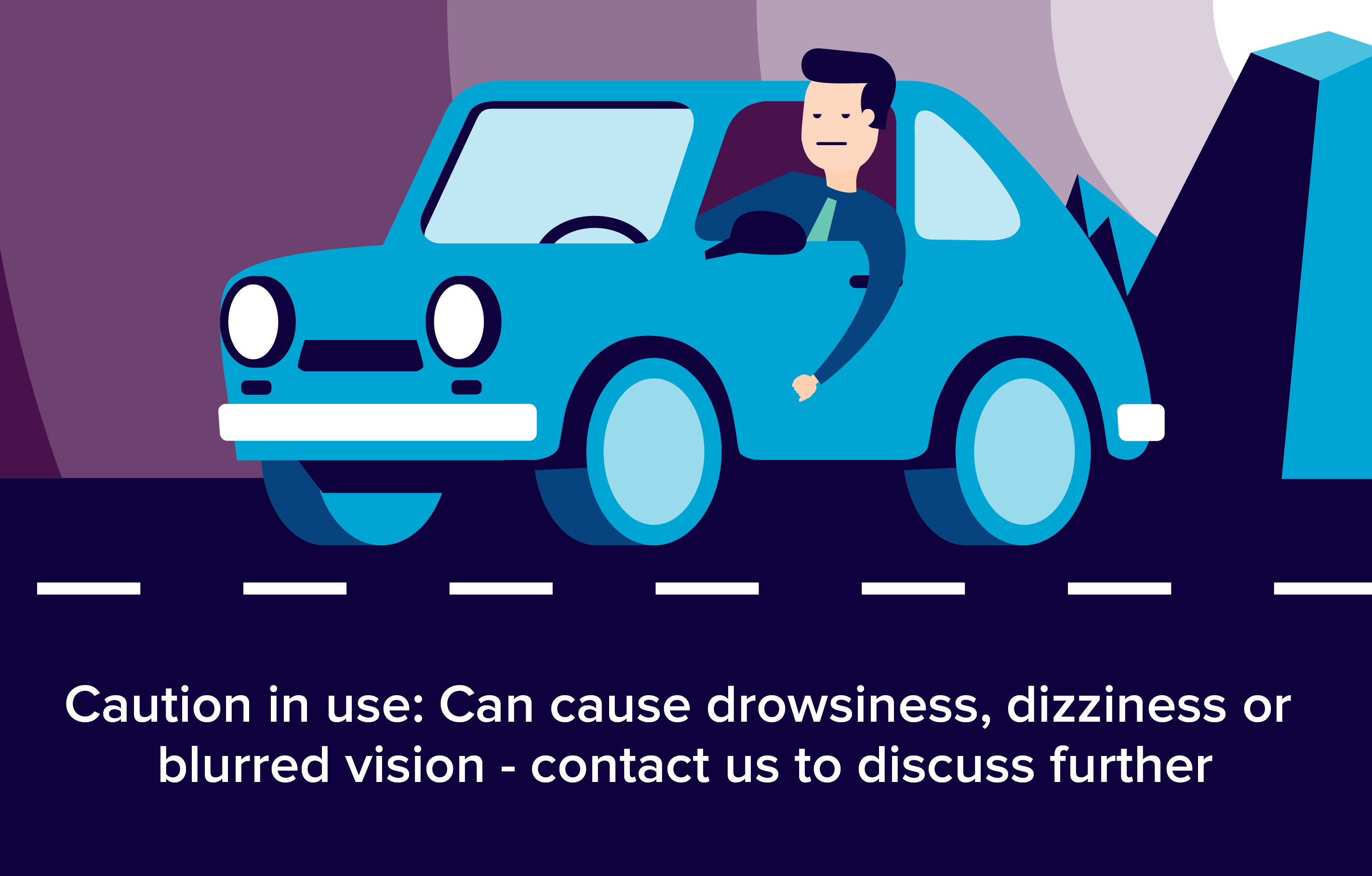Betaferon (Interferon) is for use in patients:
- who have experienced symptoms for the first time which indicate a high risk of developing multiple sclerosis
- who suffer from relapsing-remitting multiple sclerosis
- who suffer from secondary progressive multiple sclerosis

Why have I been prescribed Betaferon?
Betaferon (Interferon) is for use in patients:
- who have experienced symptoms for the first time which indicate a high risk of developing multiple sclerosis. Your doctor will rule out any other reasons which could explain these symptoms before you are treated.
- who suffer from relapsing-remitting multiple sclerosis, with at least two relapses within the last two years .
- who suffer from secondary progressive multiple sclerosis with active disease shown by relapses.
How does it work?
Multiple sclerosis is linked to nerve (brain or spinal cord) damage. In MS, your body’s defence system reacts against it’s own myelin – the ‘insulation’ that surrounds nerve fibres. When myelin is damaged, the messages between the brain and other parts of the body are disrupted. This is what causes the symptoms of MS. Betaferon seems to work by stopping your body’s defence system from attacking the myelin.
When and how do I take it?
- Betaferon is injected under the skin every two days. You will receive training on how to do this. See the leaflet that comes with the injection for instructions on how to inject it.
- After preparing the injection it should be used immediately but can be stored I the fridge for up to three hours.
- A different injection site should be used each time.
What’s the dose?
When starting treatment with Betaferon it is tolerated best by gradually increasing the dose, i.e. starting with just 0.25 ml of the medication and then increasing, after every 3rd injection to 0.5 ml, 0.75 ml and then finally to the full (1 ml) dose of Betaferon.
Could it interact with other tablets?
- Please tell your doctor or pharmacist if you are taking or have recently taken any other medicines, including medicines obtained without a prescription.
- No formal interaction studies have been carried out to find out whether Betaferon affects other medicines or is affected by them.
- Using Betaferon with other medicines that modify the immune system response is not recommended, except anti-inflammatory medicines called corticosteroids or the adrenocorticotropic hormone (ACTH).
Betaferon should be used with caution with:
- medicines which need a certain liver enzyme system (known as cytochrome P450 system) for their removal from the body, for example medicines used to treat epilepsy (like phenytoin).
- medicines which affect the production of blood cells.
What are the possible risks or side-effects?
- Like all medicines, Betaferon can cause side effects, although not everybody gets them.
- At the beginning of treatment side effects are common but in general they become less with further treatment.
The most frequently observed side effects are:
- Flu-like symptoms such as fever, chills, painful joints, malaise, sweating, headache, or muscular pain. These symptoms may be reduced by taking paracetamol or nonsteroidal anti-inflammatory medicines such as ibuprofen.
- Injection site reactions. Symptoms can be redness, swelling, discolouration, inflammation, pain, hypersensitivity, necrosis
To reduce side effects at the start of treatment, your doctor should start you on a low dose of Betaferon and increase it gradually. Betaferon may also cause serious side effects. If any of the side effects get serious, or if you notice any side effects not listed in this leaflet, please tell your doctor or pharmacist.
Tell your doctor immediately and stop using Betaferon:
- if you experience symptoms such as itching all over your body, swelling of your face and/or your tongue or sudden shortness of breath.
- if you feel noticeably more sad or hopeless than before the treatment with Betaferon, or if you develop thoughts of suicide.
- if you notice any unusual bruising, excessive bleeding after injury or if you seem to be catching a lot of infections.
- if you have loss of appetite, fatigue, feeling sick (nausea), repeated vomiting, especially if you notice widespread itching, yellowing of the skin, or of the whites of the eyes or easy bruising.
- if you experience symptoms like irregular heart beat, swelling such as of the ankles or legs, or shortness of breath.
- if you notice pain in your belly which is radiating to your back, and/or you feel sick or have a fever.
Can I drink alcohol while taking it?
- There are no known interactions between alcohol and Betaferon.
- Always ask you doctor or pharmacist however as other medications you are taking may have a bearing on this.
What if I’m pregnant/breastfeeding?
If you are pregnant do not start using Betaferon.
- If you could get pregnant, you need to use contraception while you use Betaferon.
- If you are planning a baby or if you become pregnant while you are using Betaferon, tell your doctor. You and your doctor can discuss if you should carry on with treatment.
- If you are already pregnant, or think that you might be, talk to a doctor as soon as you can.
- If you want to breastfeed talk to your doctor first.
If you have any more questions please ask your Pharmacist.
Remember to keep all medicines out of reach of children
Please Note: We have made every effort to ensure that the content of this information sheet is correct at time of publish, but remember that information about drugs may change. This sheet does not list all the uses and side-effects associated with this drug. For full details please see the drug information leaflet which comes with your medicine. Your doctor will assess your medical circumstances and draw your attention to any information or side-effects which may be relevant in your particular case.
References:
http://www.diagnosia.com/en/drug/betaferon-250-microgramml-powder-and-solvent-solution-injection
http://www.ms-society.ie/uploads/File/Living%20with%20MS/Treating%20and%20Managing%20MS/MS%20Ireland%20Betaferon_Feb2014.pdf
http://www.ema.europa.eu/ema/index.jsp?curl=pages/medicines/human/medicines/000081/human_med_000673.jsp&mid=WC0b01ac058001d124
https://en.wikipedia.org/wiki/Interferon_beta_1b
http://www.ncbi.nlm.nih.gov/pubmed/16170497

